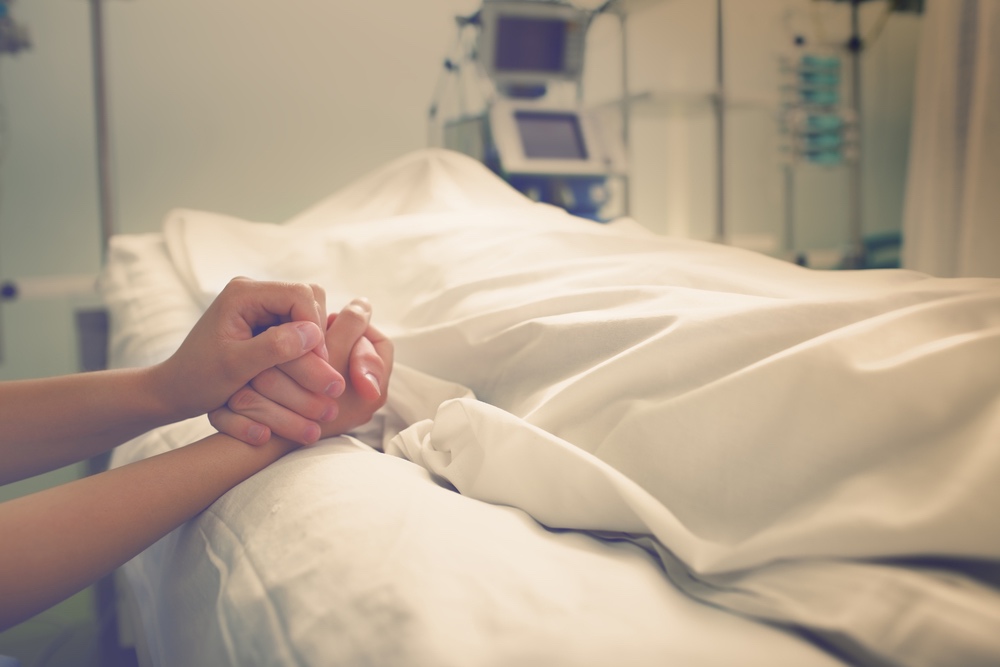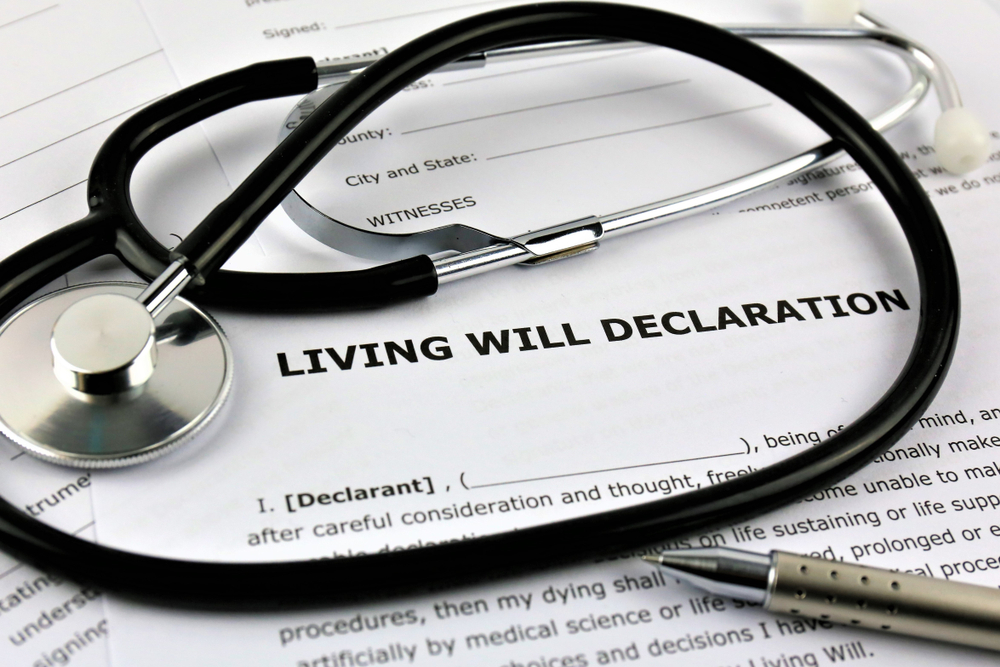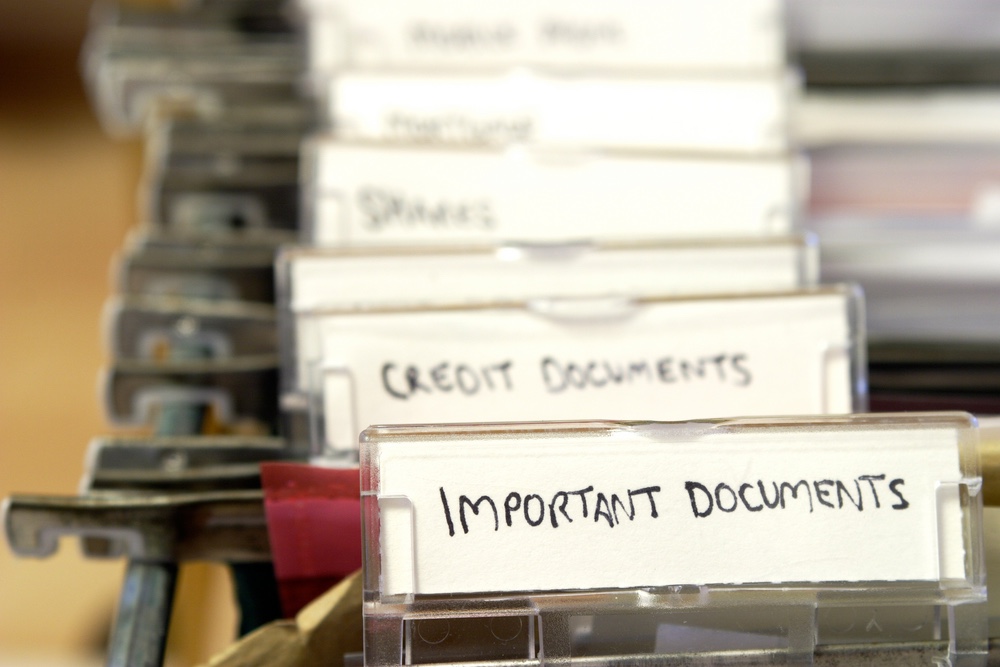Death, taxes and COVID: Here’s why you need to make a will right now
It’s true what Mark Twain said, “The only two certainties in life are death and taxes.”
This becomes a painful reality for people whose loved ones die suddenly due to COVID-19, a virus that can claim lives in a matter of days or, if longer, can wipe out an entire family’s savings and assets, and sink them into debt.
With 16,370 Filipinos dead from the virus and nearing one million cases as of this writing, many Filipinos are thinking of how to prepare for death or to what extent are they willing to live in case of a severe COVID infection.
In the US and other western countries, a “living will,” also called “healthcare directive” or “advance directive,” is not a new concept.
In the Philippines, however, while death and succession are generally no longer taboo topics, the older generations are still unwilling to discuss them openly with family members.
To many people, “Bahala na ang Diyos” is not just a fatalistic attitude to a situation, but an actual expression of faith.

But first, what is a living will? It’s a directive to physicians, “a document that lets people state their wishes for end-of-life medical care, in case they become unable to communicate their decisions.”
A living will can include a DNR (do not resuscitate) order, meaning it instructs doctors and other healthcare providers not to do cardiopulmonary resuscitation (CPR) if the patient’s breathing stops or if the heart stops beating.
DNR is “specific about CPR. It does not have instructions for other treatments, such as pain medicine, other medicines, or nutrition.”
A living will can direct for palliative care—or medicines to decrease pain and suffering—always be administered, but that certain “extraordinary measures” like cardiopulmonary resuscitation (CPR) not be used in certain circumstances.

According to lawyer Raymund Martelino, managing director at Martelino Bacungan & Associates Law Offices, “In the Philippines, what other countries call a ‘living will’ is mostly the consent form in hospitals. A patient or their next of kin signs their consent to be treated or to waive certain treatments.”
“A will in our Civil Code is defined as an act whereby a person is permitted with the formalities prescribed by law to control to a certain degree the disposition of his estate to take effect after his death.”
A will here has more to do with how a person’s estate is distributed after his death.
Martelino adds, “Of course you can make your healthcare directive known to family members or to write it down yourself so they don’t have to make the decision in case you cannot communicate by the time you’re brought to the emergency room. But remember that euthanasia is not legal in the Philippines.”
Organizing a ‘love drawer’ or ‘legacy drawer’

“Baul ni lola” is what they used to call it. Lola’s drawer, cabinet, kahon—where all the important things were kept.
A “love drawer” or “legacy drawer” is simply a receptacle for important financial, insurance, end-of-life plans, last will and testament, funeral arrangements, bank passbooks—everything that would make it easier for your family to fulfill your wishes after your death.
It’s also wise to write down the passwords of your phone and laptop, and leave someone in charge to carry out what you want to do with their contents.
Your love drawer may also contain letters you want to leave for each family member. Because some things that aren’t spoken in life need to be expressed after death to give them peace.
Some people also leave small gifts and keepsakes to family members and friends. It may also contain precious photos and old letters.
To guide you in creating your love drawer, click here.
What about a last will and testament?
COVID has changed not just the way we live, but also the way we die, and grieve without saying goodbye. In only a year, sudden deaths outside of accidents have become too many, too soon, too lonely.
For families with huge assets that can become a potential cause for division, a last will and testament is very important but many people realize this too late.
Atty. Martelino relates that not too long ago, he got a call from a family on behalf of someone who was in his deathbed due to COVID. “Most Filipinos don’t make wills, kaya nag-aaway away ang pamilya. Sometimes even when there’s a will nag-aaway pa rin because it still has to go into probate. That’s why lawyers say that ‘Where there’s a will, there’s a lawsuit.’”

He advises people to make a will, especially at his time. “A will lets you control to a certain degree the disposition of your estate, which takes effect after your death. The making of a will is a strictly personal act, meaning it cannot be delegated to another person,” he says.
“There are two kinds of wills: one is a holographic will, which is entirely written, dated and signed by the hand of the testator himself. It is subject to no form, and may be made in or out of the Philippines, and need not be witnessed.
“The second is a notarial will, a will subscribed at the end by the testator himself or by the testator's name written by some other person in his presence, and by his express direction, and witnessed by three or more people in the presence of the testator.”
Martelino says many Filipinos still refuse to make a will, which complicates and divides families especially when the assets left behind are substantial.
Death is inevitable and the last gift you can give your family is some measure of peace—so that they may continue to live in harmony.
For a deeper discussion on how properties and assets are divided between heirs, click on Philippine Star's webinar on Property and the Law here.


